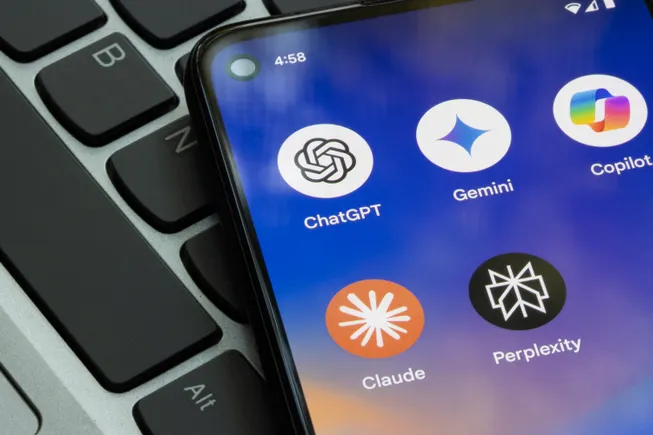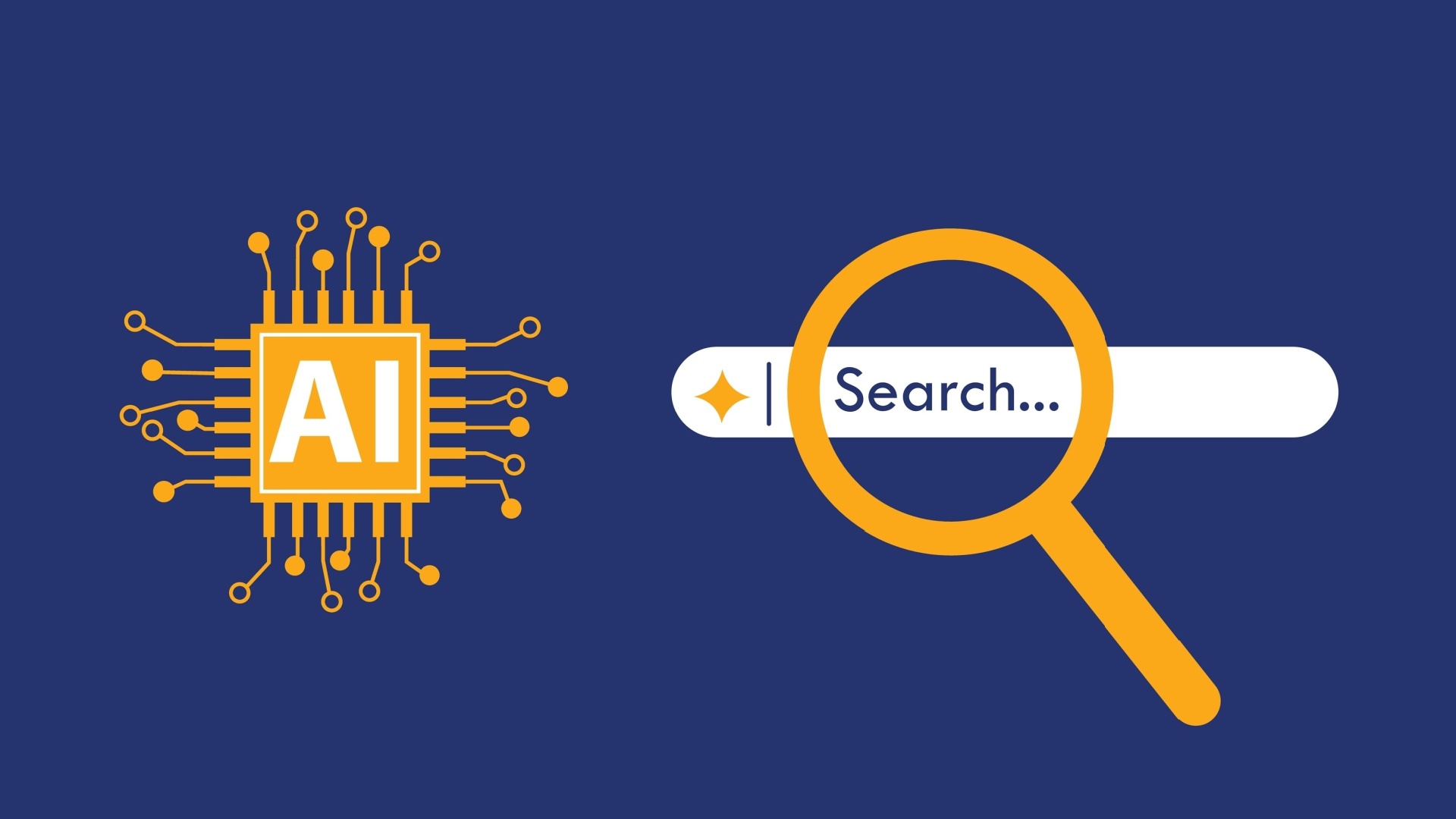#generative-engine-optimization
#generative-engine-optimization
[ follow ]
#seo #digital-marketing #ai-search #ai-driven-search #ai #ai-assistants #marketing-strategy #pr-strategy #chatgpt
fromHubspot
3 days agoGenerative engine optimization for small business: How to win with a small budget in 2026
In a past work life, I stole search rank positions #1 and zero and even featured snippets from much larger companies, including HubSpot. That's why I firmly believe bootstrapped small-to-medium-sized businesses (SMB) can compete with big-budget corporations. Strategies like SEO, social media, and generative engine optimization for small business make it possible. I know what you're thinking, "GEO for small business? Not another thing to add to my plate."
Marketing
fromresund Startups
3 weeks agoKime Raises 2M to Turn AI Search into a Measurable Marketing Frontier
Marketers have spent decades optimising for blue links on a search results page. Now every CMO conversation starts with the same question: 'How do we look in ChatGPT?' People ask an AI assistant and get a short list of recommended options. If your brand isn't in that answer, you're effectively invisible, even if you did everything 'right' in SEO. Kime exists to make that visibility gap measurable and give teams a way to act on it.
Startup companies
fromForbes
1 month agoWhy Every Career-Minded Professional Needs A Website In The Age Of AI
One of the earliest turning points in personal branding, one that made career-minded professionals understand that they're responsible for their careers and the visibility that shapes them, was the launch of LinkedIn in 2003. Since then, career visibility has followed a simple rule: polish your resume, keep your LinkedIn profile current and compelling, and show up to meetings awake. But that rule no longer holds, thanks to AI.
Digital life
#ai
Artificial intelligence
fromForbes
9 months agoA Business Leader's Guide To Generative Engine Optimization (GEO)
Consumers increasingly rely on AI for information searches, impacting traditional digital visibility.
Businesses must adapt to Generative Engine Optimization (GEO) to maintain online relevance.
fromBusiness Insider
2 months agoThis influencer marketing company raised $15 million to fuel an M&A spree. Read its pitch deck.
Advertising giants like Publicis, WPP, and Omnicom aren't the only companies deploying roll-up strategies and shaking up influencer marketing. Humanz, an Israeli influencer marketing platform that expanded to the US in 2024, is going "full acquisition mode" through 2026, CEO Liran Liberman said in an interview. The company exclusively told Business Insider that it recently raised $15 million from an undisclosed group of venture capital investors to fuel several M&A deals.
Marketing tech
Media industry
fromAol
4 months agoHow businesses can master multichannel storytelling and win over audiences
Businesses must adopt coordinated multichannel storytelling and generative engine optimization to establish authority, broaden reach, and deliver measurable impact in an AI-driven search landscape.
fromMiami Herald
4 months agoHow businesses can master multichannel storytelling and win over audiences
As a result, many communicators are turning to multichannel comms strategies to broaden the reach of their message and improve the story's visibility and campaign ROI. To break through the noise and capture the attention of a fractured audience - including journalists and AI bots - communications strategies now demand a coordinated approach that establishes authority, amplifies reach, and delivers measurable impact.
Media industry
fromeLearning Industry
5 months agoChatGPT Vs. Google: What CEOs And Marketers Must Know About The Future Of Search Visibility
Will ChatGPT replace Google, or will marketers need to optimize for both? We're sure many of you might disagree, but we firmly believe that both of them are and will remain equally beneficial and powerful. The only thing that changes is the future of SEO in the AI era, making it less about keyword stuffing and more about semantic relevancy and trustworthiness.
Artificial intelligence
fromeLearning Industry
6 months agoThe Rise Of Generative Engine Optimization (GEO): How To Make Your Content AI-Search Ready
Generative Engine Optimization (GEO) is essential for improving a website's content discoverability by AI search engines, ensuring businesses remain competitive in a digital era.
Digital life
[ Load more ]





















